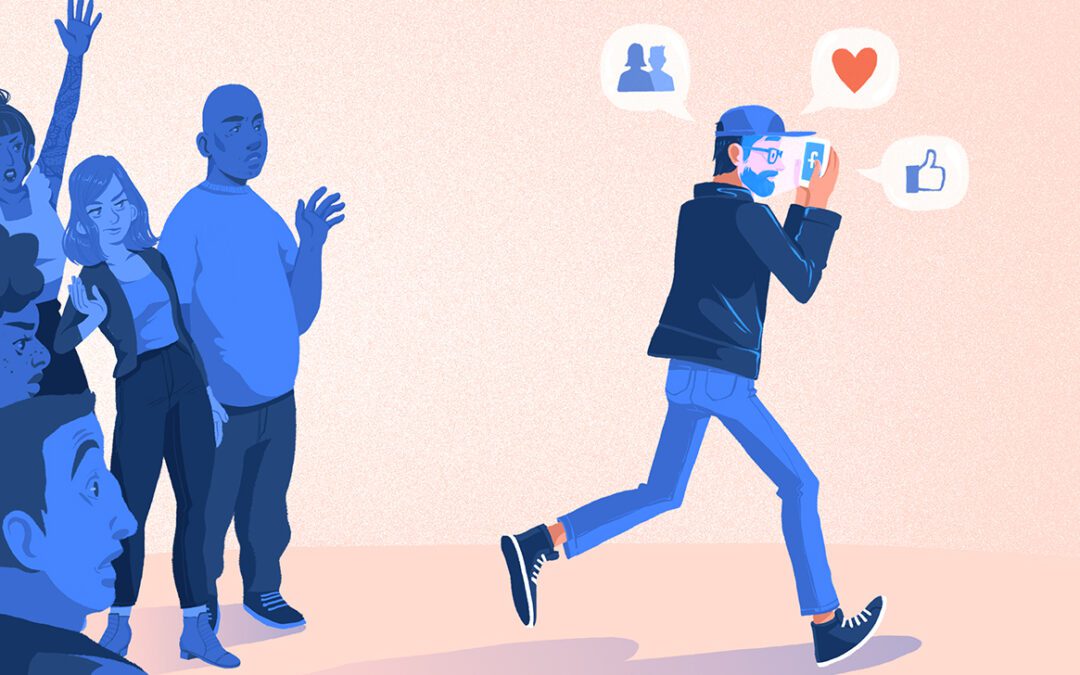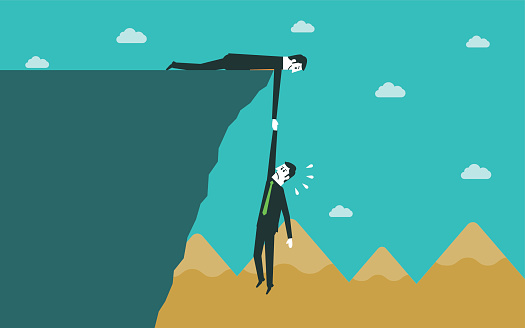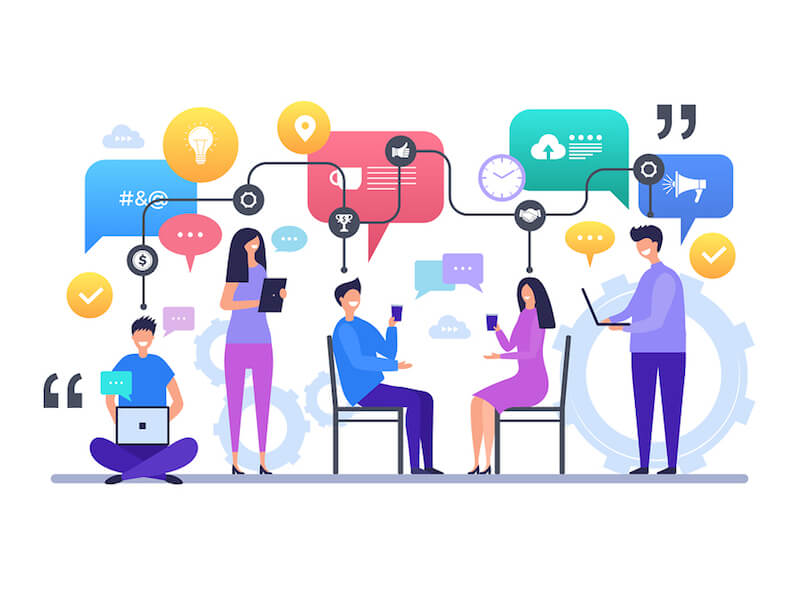
5 Simple Ways to Liven Up your Work Space
An inspiring work space goes a long way in keeping you motivated and productive. Given that we all spend at least 7-8 hours at our work spaces, it is important to have one which gives you good vibes. And if you don’t have a very inspiring work space, you can make one. Here are five simple ways how.
-
Appropriate Lighting
Often, lighting is limited to only about 15 inches of your work space. This means you squeeze yourself into those 15 inches of light to be able to focus properly. Ideally, the lighting should be directly over your work space – at the center, so as to equally light up your entire work station. This enables you to focus effortlessly, and also maintains proper ambient light which is crucial for making you feel relaxed and calm.
-
Green it up!
From little cacti, succulents to the larger varieties of Areca palm – a little green at your work space goes a long way in helping you feel happy, calm and centered. They also come with the obvious benefits of natural air purification. There are plenty of low maintenance plants you can choose from, the ones stated above being just a few amongst them. Feeling confused about which plant to adopt? Have a look at this catalogue!
-
Add frames
Not too many, just a few depending on how big your work station is. Go with images that reflect positive vibes, and put a smile on your face when you see them. Ideally, you should go for frames which are simple, and not cluttered with too much happening in them. The purpose of what you put around you should be to help you focus, and not aid your distractions. Therefore, going with a mountain scenery should be preferable to putting up a busy market scene where there’s too much happening, and every time you see it you notice (or want to notice) something new.
-
The magic of a cork board
The old school charm of a cork board can never go out of fashion. Whether to use it as a vision board, for to-do lists, inspirational love notes to self or just to pin some art up, a cork board is an indispensable item when trying to claim a space as yours. Given that this is to be used for your work space, make sure you are careful about what you put up – unless you work at home. The key is once again to put things up that help focus and motivate, and aren’t distracting.
-
Personalize
Personalization goes beyond what’s is visible to the naked eye. Going to your work space should feel like the integral experience it is. Stock up on your favorite tea or coffee. Keep a go-to (but healthy) snack ready. Spend time creating those two playlists – one for deep work, one for regular work. Choose a fragrance that helps you breathe better – it could be in the form of incense or potpourri or even a scented candle.
The idea is to create a space that feels like you! A space you look forward to getting to, a space that motivates you and inspires you to do, and to do more. And this can be done with a little bit of time, almost no money and lots of soul. So if you have these ingredients, step up and take on this therapeutic project of reclaiming your work space and making it truly yours!




